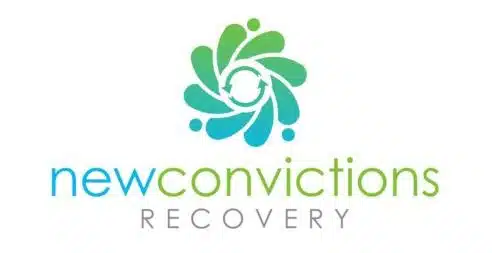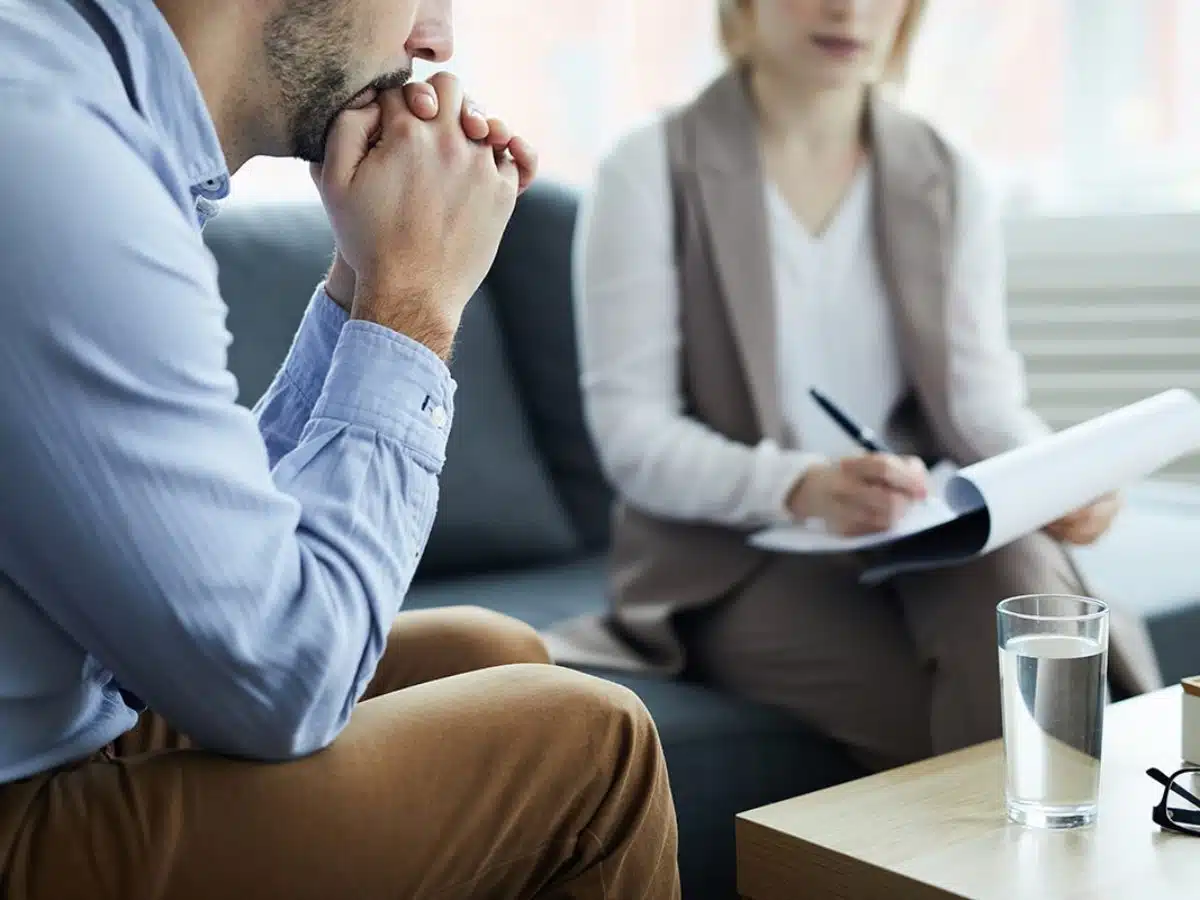Addictions are often greatly misunderstood for a variety of different reasons. Some people believe that addictions can simply be “stopped” if you have enough willpower, and others think that breaking an addiction requires the help of specialized drugs. While there’s a bit of truth to each of these, the reality is that addiction doesn’t have a single remedy. In fact, coping with addiction is different for each person. It depends on the substance that the patient is addicted to, their age, lifestyle and how long they’ve been addicted.
These are the factors that must be taken into consideration in order for someone to break free from an addiction and kick their bad habit. Being able to get off an addiction is a major achievement for some, especially if their addiction has roots that go deep into their life. On the other hand, it’s also possible to beat addiction with willpower alone, especially if you’ve yet to develop a serious dependence on it.
Why Counseling is Important
Regardless of the treatment option that you’ve chosen, counseling is a vital step that helps you overcome your addiction.
Addiction is more than just a dependence on the substance that you’ve been taking. Even once your body has been cleaned of the toxins, you might still have a high chance of relapsing due to social pressure and other mental circumstances. Certain psychological factors, such as stress and depression, can also cause you to relapse if they appear at the right time. Social triggers, such as friends that are continuing to use or the feeling that you’re missing out, can also cause you to relapse despite being clean.
This is where counseling comes into play.
Addiction counseling helps you discuss your thoughts and feelings, assisting you in escaping from your cravings. You’ll learn how to manage the temptation of relapsing and also learn how to deal with the social and psychological factors that could draw you back into the addiction. Since each patient is different, there are a variety of different counseling techniques that can be used to help you keep those substances out of your life for good.
Individual counseling is a one-to-one session with your therapist. This is where a therapist will meet with you and pay close attention to what you have to say, how you feel and also what troubles you’re going through. Your therapist will then offer advice depending on the factors that could cause you to relapse.
Group counseling is a little different. It connects you with other people in similar situations. Everyone that attends group counseling has the same goal; to break free from addiction for good. This type of counseling is effective since you’ll get to meet people in a similar situation as yourself. You can share stories, help support each other and overcome your addiction as a group.
Counseling is a vital component in beating your addictions. It’s extremely important to have someone to speak to regarding your addiction and potential relapses. The additional support from counseling will greatly increase your chances of breaking free for good.

